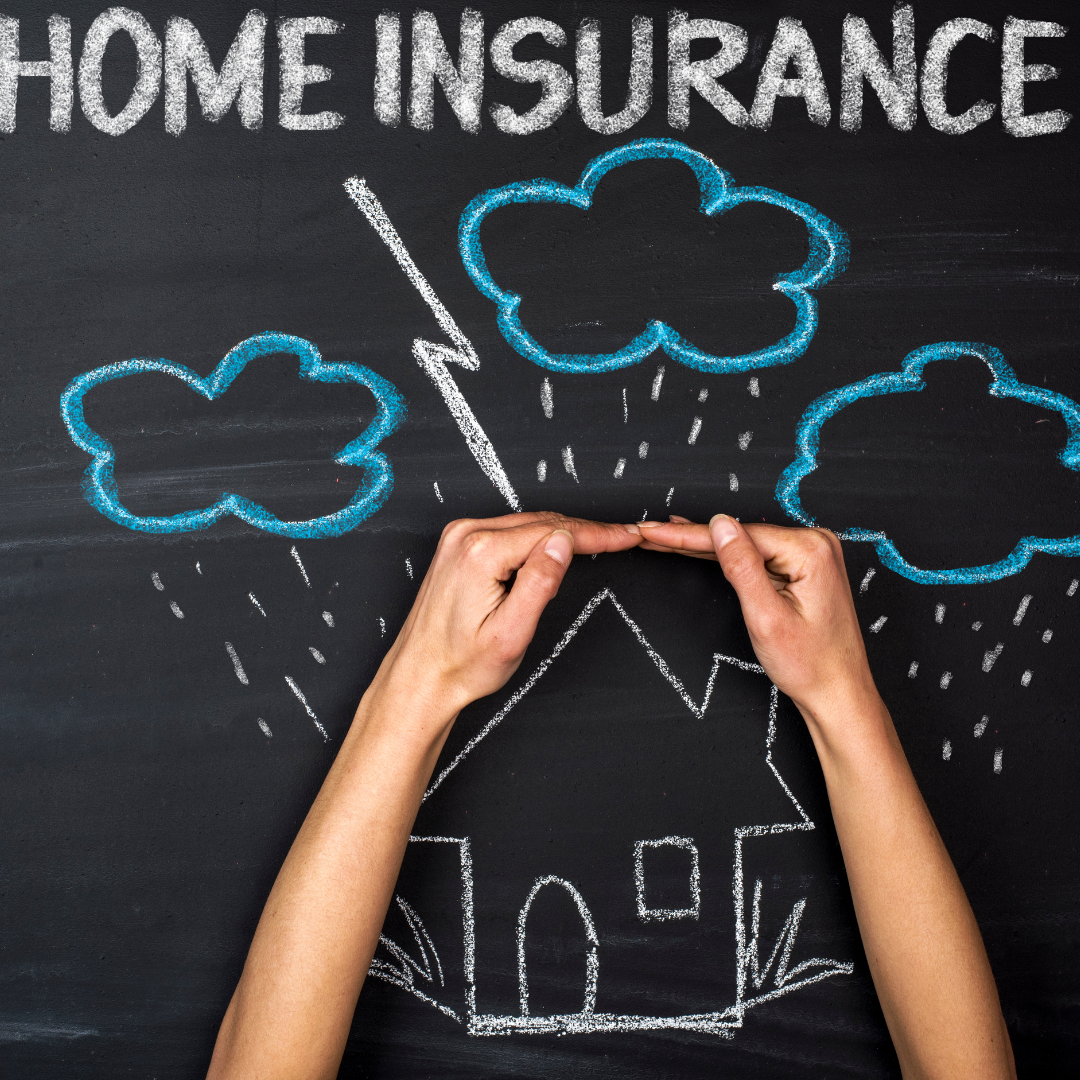Why home insurance is a great idea
Even if you don’t own a home, you should still consider getting home insurance. Here are three reasons why:
- Your possessions will be safeguarded. If your home is broken into or ravaged by a natural disaster, your home insurance policy will give you money back for the cost of replacing your belongings.
- It safeguards your finances. If you’re ever sued for injuries someone sustains from your property
Why home insurance is important
Home insurance is a form of property insurance that covers a private home. It is an insurance policy that bundles various personal insurance protections, which may encompass damage to one’s home, its contents, loss of use (additional living expenses), or loss of other personal belongings belonging to the homeowner. Home insurance can also include liability coverage for accidents that could occur at the home or on the property.
The benefits of home insurance
There are many advantages to having home insurance, such as peace of mind, financial security, and protection in the event of a natural disaster.
Home insurance is a wise investment for most people because their home is usually their biggest asset. If something bad happens to your home, like a fire or robbery, you could be left with a very expensive bill. Home insurance can help pay for repairs or replacements.
Home insurance can also safeguard you in the event of a natural disaster, like a hurricane or earthquake. In certain regions, this type of coverage is mandated by law. Even if it’s not legally required, it’s still a smart idea to have this protection in case of an unforeseen emergency.
In general, home insurance is an excellent way to safeguard your investment and your family. It can provide you with peace of mind knowing that you’re protected in the event of an accident or disaster.
What home insurance covers
Home insurance protects your home and belongings from damage or theft. It can also cover the cost of temporary accommodation if your home is uninhabitable.
The majority of home insurance policies will cover:
-Your home and any ancillary structures, such as sheds and garages
-Your personal belongings such as furniture, appliances, and clothing
-Other expenses, such as the cost of staying in a hotel if your home is uninhabitable.
How to get the best home insurance rates
There are a few things you can do to get the best home insurance rates. The first is to shop around and compare rates from different companies. The second is to get quotes from an insurance broker, who will work with multiple insurers on your behalf to get you the best rates. Finally, consider bundling your home and auto insurance policies with the same company to get a discount.
How to make a home insurance claim
Your home insurance policy will usually reimburse you for the cost of replacing your belongings if they’re ruined or stolen in an insured event. These events are typically specified in your policy and can include fire, wind damage, and theft.
The first step you should take if you need to make an insurance claim is to call your company and let them know the details of what happened. They will then assign a claims adjuster to work with you and help determine the value of your claim.
It’s a good idea to take pictures or videos of the damage as soon as possible so you have documentation of it. You should also make a list of items that were damaged or destroyed, including their approximate value.
Once your insurance claim is approved, you will be sent a check for the total amount of your covered losses. With this money, you can repair or replace any of your damaged belongings.
What to do if your home is damaged
First and foremost, don’t panic. This is a difficult time, but it’s crucial to stay calm and take things one step at a time. The safety of you and your family is the top priority. Once you have assessed the situation and everyone is safe, you can start thinking about repairs.
If your home is damaged, here are some steps to take:
- Get in touch with your insurance company: The first step is to call your insurance company and fill them in on what happened. They will take you through the claims process and help you get started on repairs.
- Do some temporary repairs: If it’s possible, you should do any necessary repairs to stop more damage from happening. For example, if there’s a hole in your roof, put a tarp over it to keep rain from coming in. If a window is broken, put some boards over it. These types of repairs will help stop more damage and also help with your insurance claim (since you’ll be able to provide receipts for the materials used).
- Document the damage: It’s important to take plenty of photos or videos of the damage for your records and for your insurance claim. This way, you’ll have a “before” to show the adjuster when they come to assess the damage.
- Get in touch with a contractor: Your insurance company will send an adjuster to evaluate the damage and give you a repair estimate after you have reported the damage to them. You can then contact a contractor to begin repairing the damage. In some situations, your insurance company may have a list of preferred contractors that they work with; other times, you may be able to pick any contractor that you want.
- Keep records: Maintain a file with all receipts and documentation for the repairs so you can easily access them if necessary (for example, if there are issues with the workmanship or if something is not covered by your insurance).
What to do if your home is burglarized
The first step to take if your home is burglarized is to call the police. Once they arrive, they will take a report and try to find any witnesses. If there are no witnesses, they will dust for fingerprints and look for any other evidence that could help identify the perpetrator.
After the police have completed their investigation, you should reach out to your home insurance company. If you have comprehensive coverage, your insurer will help you with the expenses of repairing or replacing any damaged or stolen belongings. They could also give you financial aid if you need to stay in a hotel while your home is being repaired.
How to prevent home insurance fraud
You can help protect yourself against home insurance fraud by being aware of the most common types of fraud. Some of the most frequent types of home insurance fraud include:
-Burglary: Burglary is when someone breaks into your home intending to commit a crime. This might involve stealing money or valuables, or damaging property.
-Fire: Home insurance fraud involving fire occurs when someone deliberately sets fire to their property to collect on a home insurance policy. This can be tough to establish, so it’s critical to have comprehensive home insurance that covers fire damage.
-Water damage: Home insurance fraud involving water damage occurs when someone deliberately damages their property to collect on an insurance policy. This can be tough to establish, so it’s critical to have comprehensive insurance that covers water damage.
If you believe that you have been subjected to home insurance fraud, reach out to your insurance company right away. They will look into the matter and take the necessary steps.
| MortgagesToGo.ca | |
| Website | Mortgagestogo.ca |
| Services | New purchase, refinancing and equity takeouts, mortgage transfer, mortgage renewal Rates |
| Rates | https://mortgagestogo.ca/mortgage-rates/ |
| Address | 12 Royal Vista Way NW #1110, Calgary, AB T3R 0N2 |
| Contact Details | (888) 888-5998 |
| Operating Hours | Monday – Friday 9 AM – 5 PM |








